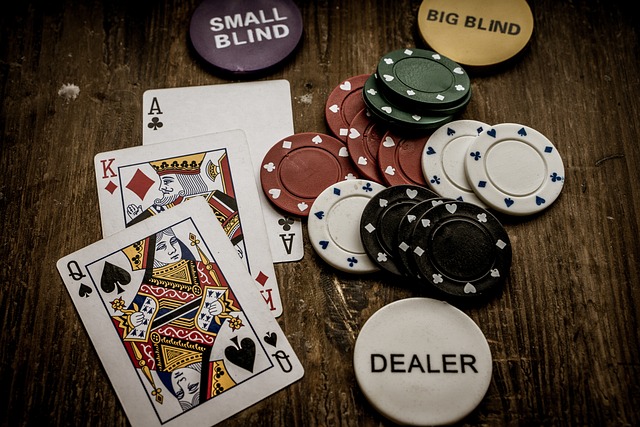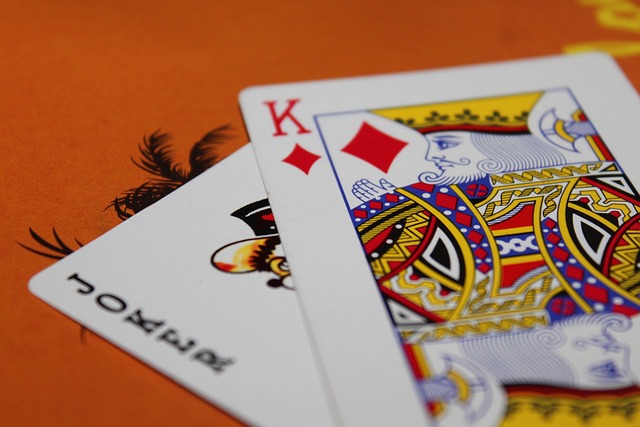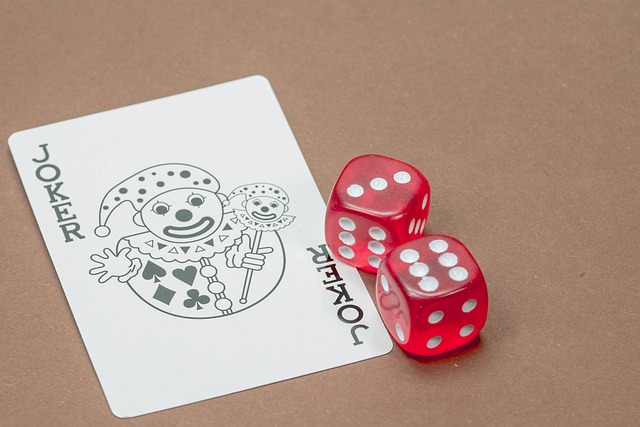The starting books we consider in debate-A-J, K-10, K-J, J-J and A-Q-are poker formations that can hardly be managed properly by those at the beginning of the road. They belong to the category of “trap” books for both professionals and amateurs. The fundamental difference is that the former are able to fold these hands much faster, without investing much in.
AS-VALLET (A-J)
For all those who are still in the learning stage – numerous poker concepts being unclear – the most solid advice on this start book is the following: A -J is never a premium hand.
In fact, it’s not even a very good hand. I know that the sensation when you first return two “faces”, possibly after a period when the dealer has only divided you “garbage”, it is an exaltation. You have the impression that it is your moment and that you really have a dominant start book. In fact, this hand creates much more problems than bringing you benefits. That’s because:
In the case of an all-in Shove, in the happiest case you will leave Coin Flip. Putting much of your sheets or even all in the game for 50% does not seem the wisest decision.
In the case of an extremely aggressive opponent, you will be forced to fold many times, if the board is not an ideal one. Because you will always be afraid of A-K, A-Q, Set or two Poker pairs.
You will not be able to manifest your aggressiveness, knowing that you can be beaten. Or, if you push too many tokens in the game, wanting to feel that you have a very good hand, you expose yourself too much. You can lose a lot of sheets in a very short time.
Our advice is to think about the raise with A-J only from late positions and seek as much as possible to control the pot. Do not throw your head forward, relying on the start force of your book. In fact, with the exception of the heads-up, where you really have strength, you should treat this hand exactly as A-10 or A-9. Many suck it and behave like when they own A-K, which brings them a real hole in the budget.
Popa-zece (K-10)
Above all the hands of poker with potentially dangerous, the K-10 is the start book you have to beware of. Some professionals even call it the “suckers’ hand.
If you own this hand to start, there are many more situations in which you will realize that you have been beaten than those who will win your pot. K-10 leads from the most Bad Beatures, and this does not only affect your stack at the moment. If you are not balanced, you will treat this defeat without wisdom, and your whole game will be affected. As a result, you will no longer play your type A poker, and the results can be dramatic in terms of your bank.
With K-10, if you do not complete a chin, you are in a difficult situation. If you flop the pair of popes, it is very likely to be defeated by another stern, with a larger kicker. A pair of decreases trapped from the first three common books is rarely the top pair; And if it is, you have to stay away from the opponents who could have connectors and shoot at the torment.
The flopping of two pairs seems to be a favorable moment. This will rarely happen, however, but in this case you are far from an ideal frame. K-10 on the flop means huge chances for someone to have a wearing draw. We are not talking about the possible two pairs larger than yours or a set of flop.
Popa-Valet (K-J)
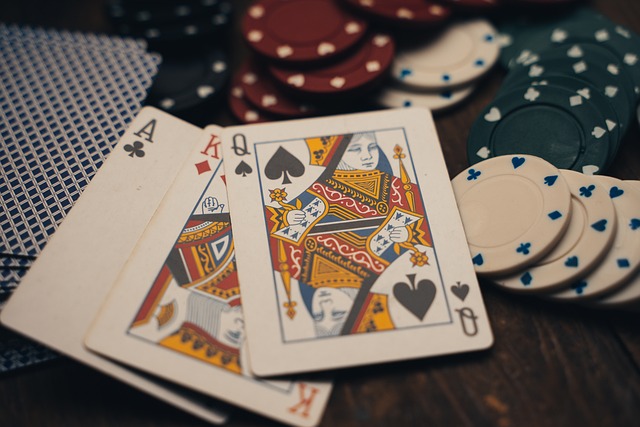
We are facing the same problems as in the case of K-10. Many believe that the risk is lower than in the hand discussed above, but from here the more dangerous character of K-J is generated. Because exactly this apparent safety gives the hand the aspect of being stronger than it really is.
Again, if you flop two pairs, you will have to take care of quinte or sets, and you must always worry about kicker, as you catch a pair of flop.
This hand is better to fold it than to make any overplay with it.
Pairs at poker – the pair of valves (J -j)
There is no doubt here about the starting force. It is in the first five books in value before the flop, after a, k-k, q-q and a-k Suted. So she leaves favorite with most of the books divided randomly and which are found in the hands of the opponents.
Many of the problems that arise are due to the fact that you will almost always have to be before the flop. Beginners even resort to a considerable enlargement, knowing that a big book on the flop frists. Only that the only poker hands that will give you call usually are just the ones that dominate you or in front of which you will leave “flip” (exception 9-9 or 10-10, where the opponent will probably pay, but it will be long in back).
A “a”, “k” or “q” on the flop disuse many of the beginners, hence the game often ambiguous of the one who holds the pair of valleys as a handful. Our advice is to treat it, however, like a premium book. Especially from middle or wide position, if there was not much action before you, you must be aggressive. Usually, from UTG you should increase, because then, if someone comes with a re-raise to weigh carefully: the position of the player, his style, the size of the stack.
Many of the professionals push all-in without restraint with J-J, especially in the late phases of tournaments. In contrast, if someone makes a push for all the front sheets, and you have valet, you have to consider several aspects. What is the range of that individual and how much does it cost you to pay? Is he able to push medium or small poker pairs, possibly even two connected suite books? Or do you put A-K, Q-Q, K-K or A? Calculates the risk-benephic ratio in parallel with the transposition of the other’s image in the present hand.
AS-DAMA (A-Q)
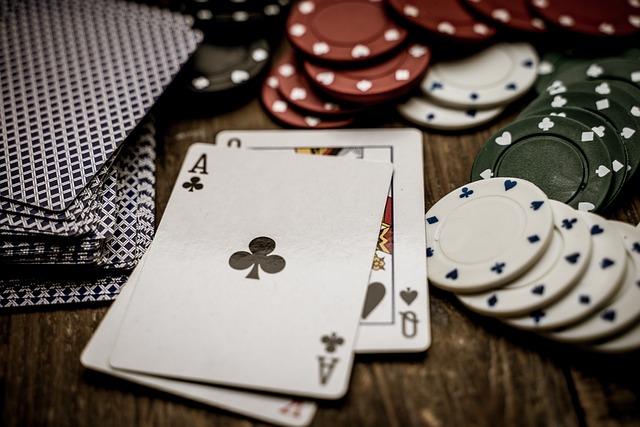
A-Q can create most problems for beginners. To understand why you should never consider it a premium hand, which you can rely on most of your stack, you must consider the opponent’s books.
You will always be tempted to rely on Open Raise with A-Q, even from UTG. What can the one who pays you have and what are your expectations from PO? Let’s list the variants below.
Poker hands that A-Q dominates (A-J, A-10, K-Q, K-J, Q-J, J-10). You will make a long -term profit in the face of such opponents, but you will only take many sheets from them. So, you win few chips.
Poker hands that dominate A-Q (a-a, k-k, q-q). You will earn below 5% of such duels, but you will often lose many sheets in such confrontations. In conclusion, you lose many chips.
the situation of Coin Flip (against the pairs of medium or small poker). The problem here is that the opponent with such a book will quickly give up, on an unfriendly flop, which contains a big book. He will understand that he is in the back and will not go after the set mining unless you give him the right price. Instead, as there is a board under his pair, he will be extremely aggressive, taking many sheets from you. In conclusion, even if you earn 50% of pots against small or medium pairs, when you suffer a failure you will lose more tokens than when you win.
Against weak or marginal hands (7-8 suite, A-9, etc.). Opponents with such books will try to complement a difficult combination to detect, to have access to a large pot. When this does not happen, they will give up. Thus, against such books the rate of winning A-Q is good, but the related amounts are not very high.
In conclusion, if we look closely at the ones discussed above, we will see that there are not many places to make a truly significant profit when we own a-Q. Instead, treating this hand as a premium one, we expose ourselves and we will be prone to the loss of a good part of the stack.
